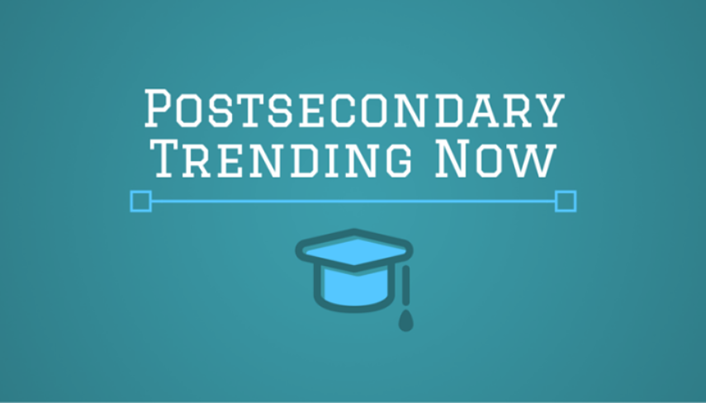
Several studies demonstrate the impact a college degree has on our income earning potential. Estimated lifetime earnings for 40 years of full-time employment means $1 million more for someone with a college degree. A college degree is a good investment; there is no doubt.
Degrees and Majors Matter
A recent study released by Georgetown University, America's Divided Recovery – Colleges Have and Have-Nots, reveals a job market post-recession where 11.5 of the 11.6 million jobs created were actually filled by people with at least some college education. Less than 5% where filled by high school graduates! The reality is that most of the new jobs created during the recovery require more professional skills. So the game changer is you pretty much need a college level education to even find a job in today's market.
In a prior study, The Economic Value of College Majors, also conducted by Georgetown University, the potential earnings by different majors was explored. Results from that study show that people who major in the STEM field can make up to 3 times more than a major in childhood education, for example. Many other factors in addition to major play into the path your professional career takes and subsequently your earning potential. Although the choice of major may have an impact on how you start your career, Georgetown's Dr. Carnevale clearly states in an interview that there is a strong correlation between choosing something you are committed to and passionate about with overall degree completion and later on career growth potential.
My takeaway from these studies? Helping students choose the right major, explore their options, and stay on track to complete their degree have to be intertwined in order to help students succeed. In the new "holistic/proactive advising" model many institutions are trying to move to, Advisors should take this kind of career planning and preparation into account. The amount of information and complexity of choices is so great and many times kept in different systems/silos that collaborating and sharing across departments has become a must.
It's Never Too Soon for Career Planning Services
In my work as Director for the iPASS (Integrated Planning and Advising for Student Success) Grant Services, I am following 26 institutions that are implementing one or more technologies in support of their student completion goals. I have the privilege to work with many leaders charged with bringing a "village together" to address student success. Although the initial focus of the iPASS work is in three main areas—educational planning, counseling and coaching, and risk targeting and intervention—we are starting to see a more complex web of intersections and support unfolding.
As iPASS colleges continue to deploy and refine their solutions, they are clearly seeing how all the student services offices on campus should and will need to work in unison. It is no longer only about degree planning, and early alert/ intervention, or analytics and the use of predictive models; it is about the transformation of advising to leverage tools that can support a more holistic approach to engaging and coaching the student. And the intersection of career planning is gradually coming into the mix.
Today it is still too common to have students interact and/or be exposed to career planning information—like the income earning potential for different majors—when they are getting ready to graduate and pursuing a job. Yet both the student and the institution could definitely benefit if we include this guidance much earlier. It would allow students to make a more informed decision and possibly have a stronger commitment and engagement in the degree they are pursuing. Helping students explore their options and understand more clearly their career paths, what preparation is required, the earning potential, etc. should all be part of the guidance we provide students earlier not later.
Institutions that are farther ahead in their transformation of truly becoming more student-centered are exploring and connecting career planning earlier in their support of students.
- At West Virginia University this fall, students will have access to a mobile app that will allow them to look at different degree choices and explore the jobs and earning potential that correlate to that degree.
- The Career Services office at George Mason University is in the same space as the office of Student Academic Affairs–Advising, Retention and Transitions, which supports undeclared students. The two work very closely together. Career services is included in the "Introduction to Mason" course, getting students to start thinking about their choices as early as their first semester.
- At Northeast Wisconsin Technical College, the student support staff have had career development facilitator training and know to direct the more "confused" students to the Career Services office prior to beginning their program.
What are you doing? When are you bringing in career planning? If it still is at the end or a completely separate aspect of student support—it is time to bring it to the forefront and let it be part of the early decisions the student is making. There is no doubt it makes a huge lasting difference.
Ana Borray is the director of iPASS implementation services at EDUCAUSE. Follow her on Twitter @ABorray.
